News
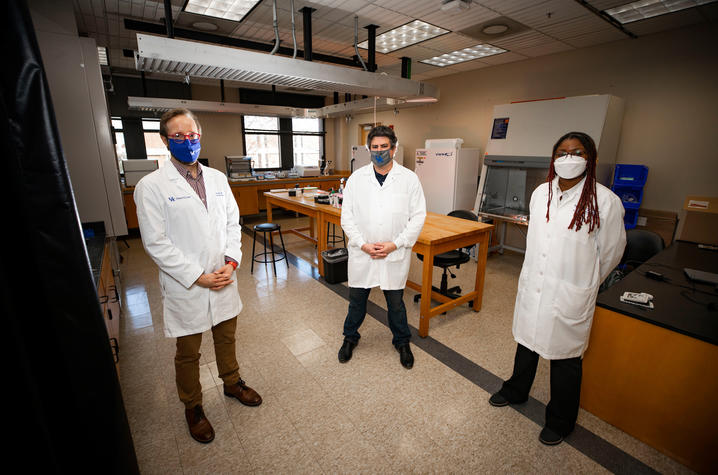
LEXINGTON, Ky. (Nov. 18, 2020) — Researchers in the University of Kentucky’s College of Medicine and College of Engineering are testing a new technology to evaluate wastewater to track community presence of COVID-19.
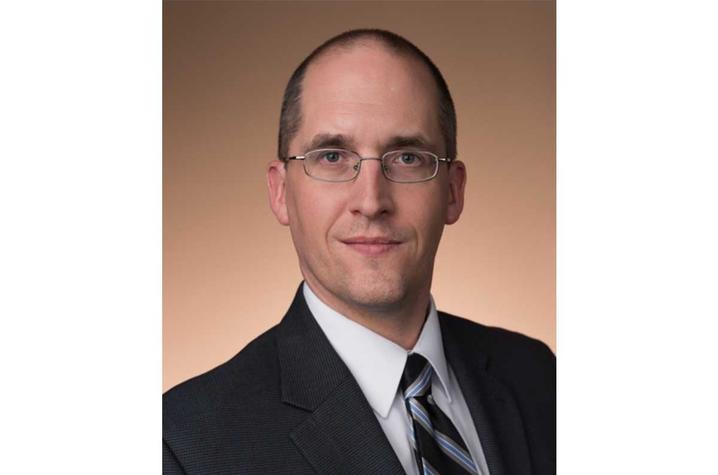
LEXINGTON, Ky. (Nov. 11, 2020) – The University of Kentucky’s Nathan Vanderford received the 2020 Excellence in Science Education and Outreach Award from the Kentucky Academy of Science (KAS) last Friday.

Veterans Day is a time to recognize individuals who have made the honorable decision to protect our country's freedom through military service. Below, we are honoring four of our of our very own faculty members and learners who have served our country, are serving our country, or are committed to serving our country in the most selfless of ways - through the military and in health care.
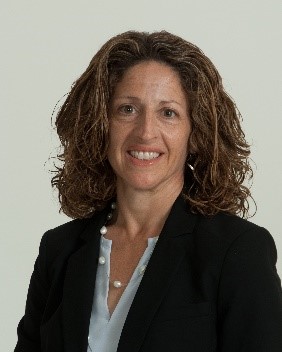
Nancy Schoenberg, PhD, professor of behavioral science and director of the Center for Health Equity Transformation, has been invited to present her research at the Behavioral and Social Science Research Festival.
The festival, which will be held virtually, will take place 1-4 p.m. EST on Dec. 1-2, 2020, in celebration of the 25th anniversary of The Office of Behavioral and Social Science Research (OBSSR) at the National Institutes of Health (NIH).
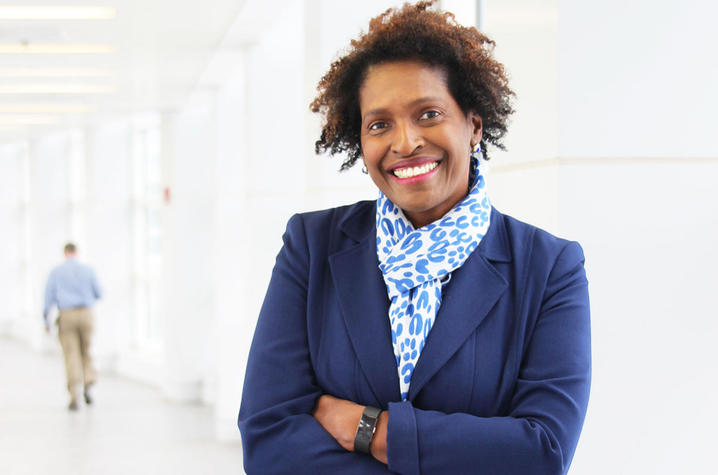
LEXINGTON, Ky. (Nov. 10, 2020) – The University of Kentucky Markey Cancer Center has appointed Lovoria Williams, Ph.D., as assistant director for cancer health equity, a newly created position within the Markey leadership structure.
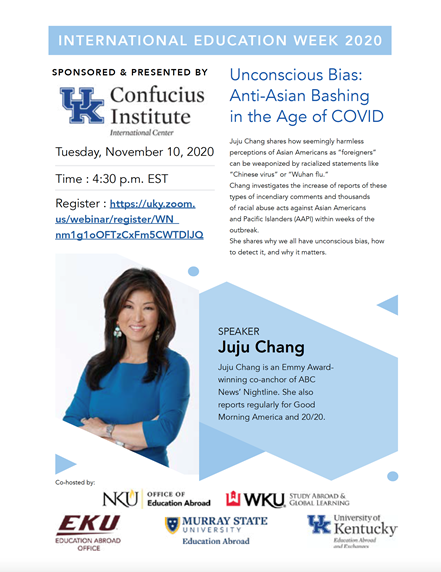
Unconscious Bias: Anti-Asian Bashing in the Age of COVID
Tuesday, Nov. 10, 2020
4:30 p.m.
Zoom
Speaker: Juju Chang, Emmy Award-winning co-anchor for ABC Nightline and Good Morning America.
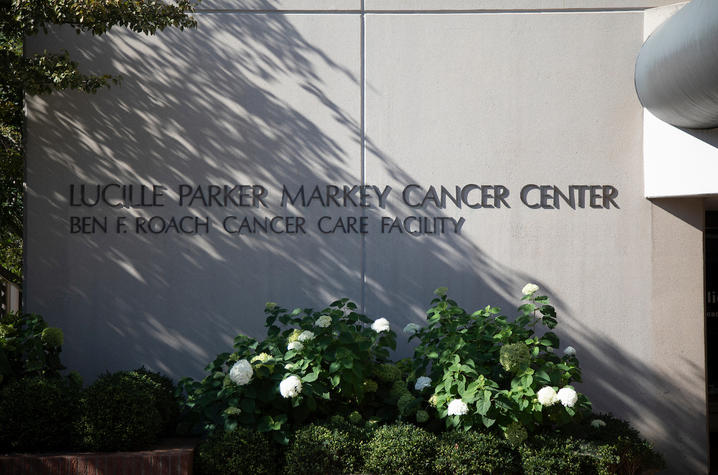
A new study led by researchers at the University of Kentucky Markey Cancer Center and UK Department of Pharmacology and Nutritional Sciences demonstrates the potential benefit of using an anti-leukemic drug nilotinib – most commonly used to treat chronic myelogenous leukemia – to overcome therapy resistance in metastatic melanoma.
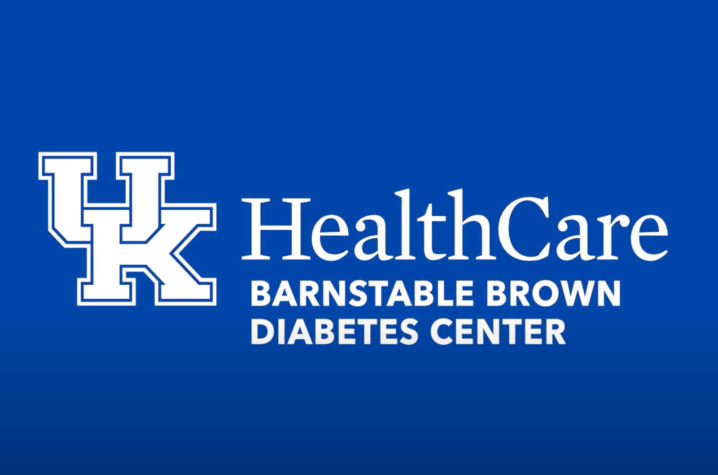
Each year at the Barnstable Brown Diabetes Center – Diabetes and Obesity Research Day, researchers from the University of Kentucky and other regional institutes share their current findings and ongoing research about the alarming rise in obesity and diabetes rates. Presenters also discuss prevention and treatment of these epidemic-level diseases.
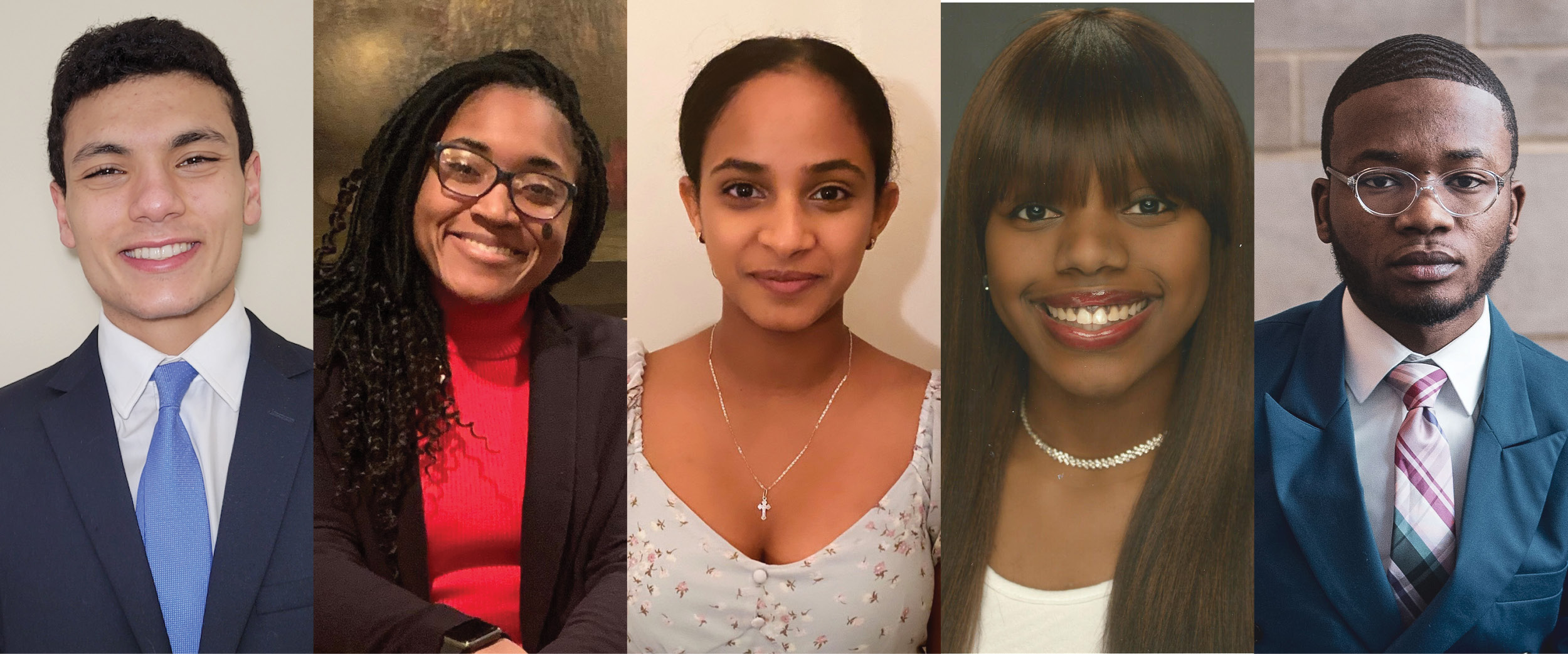
The Spinal Cord and Brain Injury Research Center (SCoBIRC), in collaboration with the University of Kentucky College of Arts and Sciences, has selected five undergraduate students for the inaugural African American Research Training Scholars (AARTS) program.

A new University of Kentucky College of Medicine study published in the Journal of Applied Physiology finds that tattooed skin does not sweat as much as non-inked areas of the body, which may have implications for the body’s ability to cool in people with extensive tattooing.
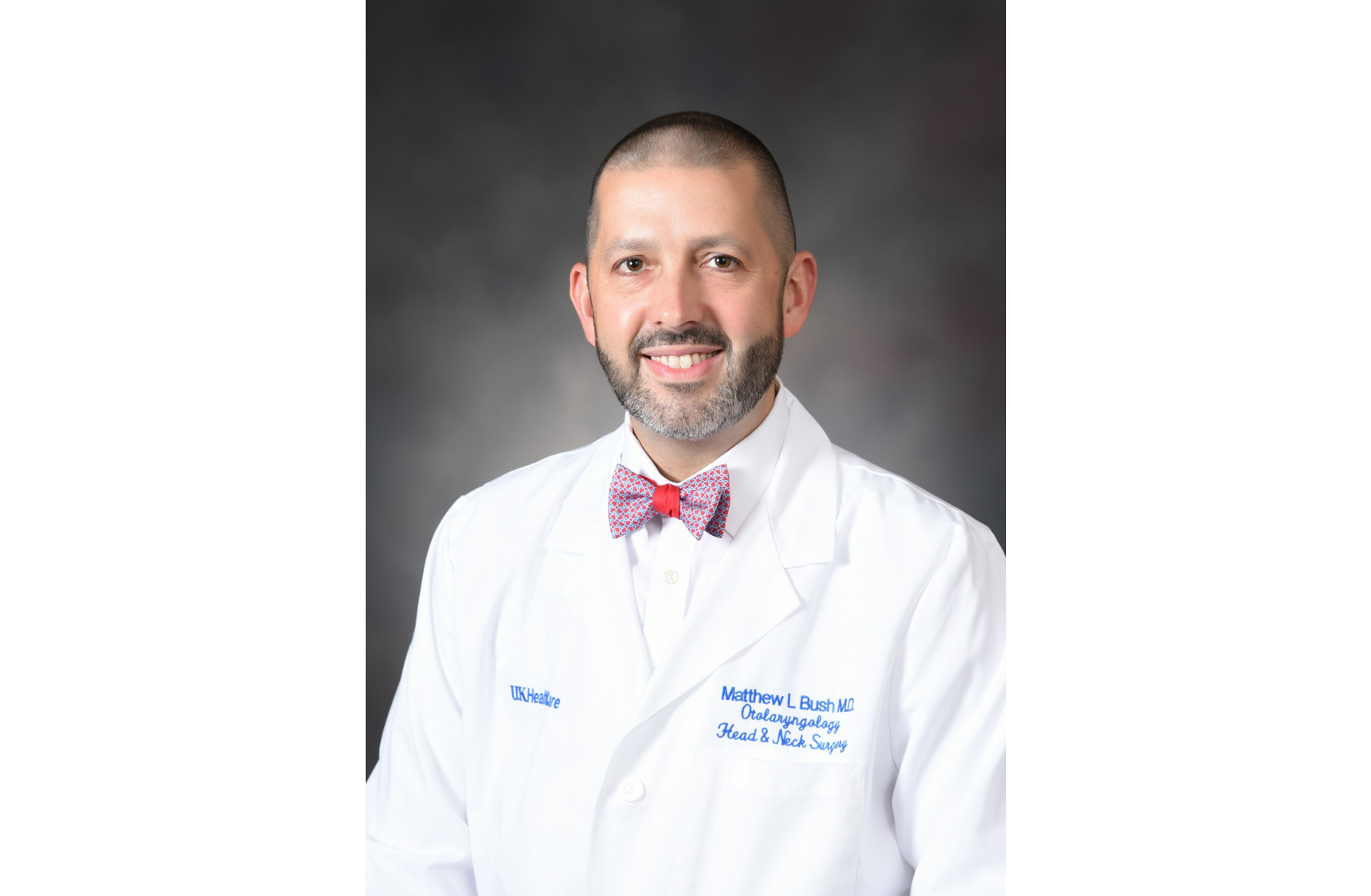
Matthew Bush, MD, PhD, MBA, is an experienced clinician, academic leader, and researcher. While he has been directly involved in health care and academia throughout his career, he credits the progress of his research career to a program he completed at the University of Kentucky College of Medicine while serving as a faculty member.
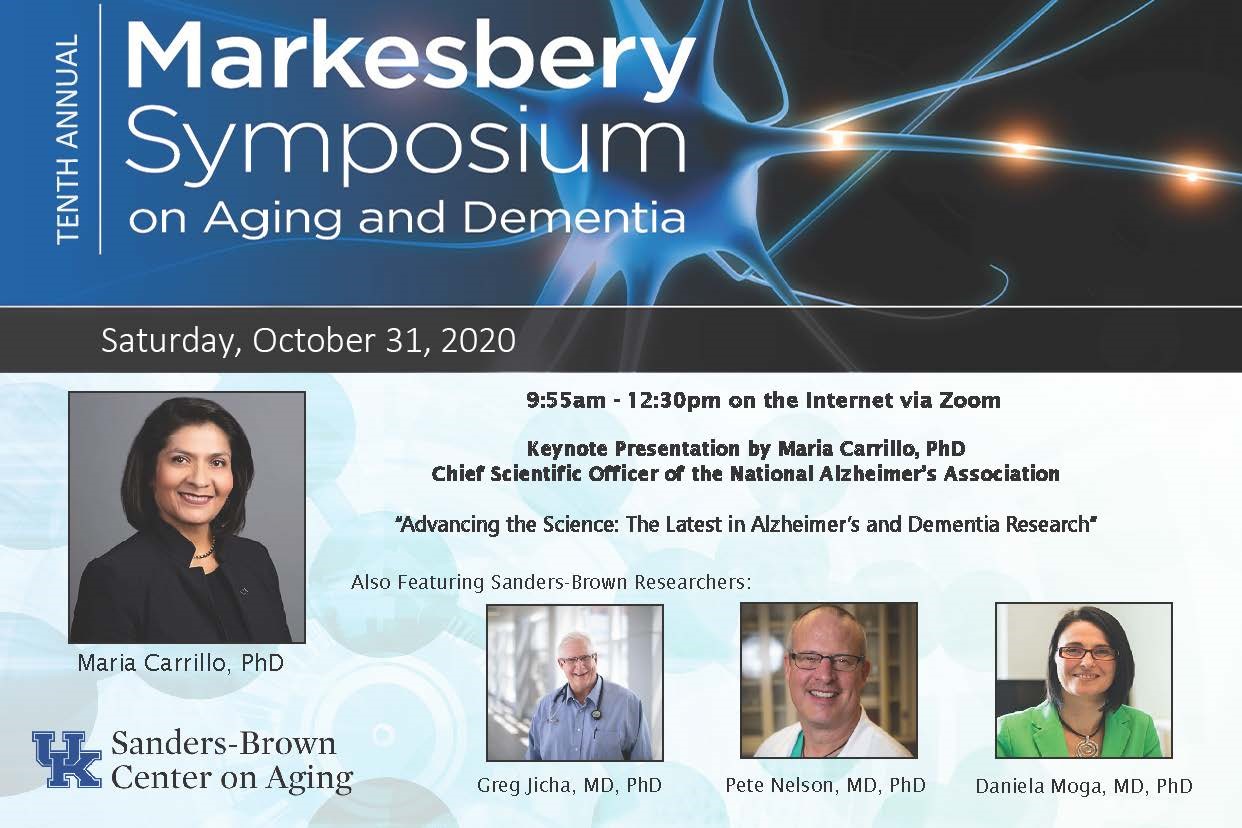
The UK Sanders-Brown Center on Aging, a world leader in Alzheimer's research and community outreach, will hold its 10th annual Markesbery Symposium. There will be a community session and scientific session, each held via Zoom.
Community Session
Keynote:
Maria Carrillo, PhD
Chief Scientific Officer, National Alzheimer's Association
Saturday, Oct. 31, 2020
9:55 a.m. - 12:30 p.m.
Register Here
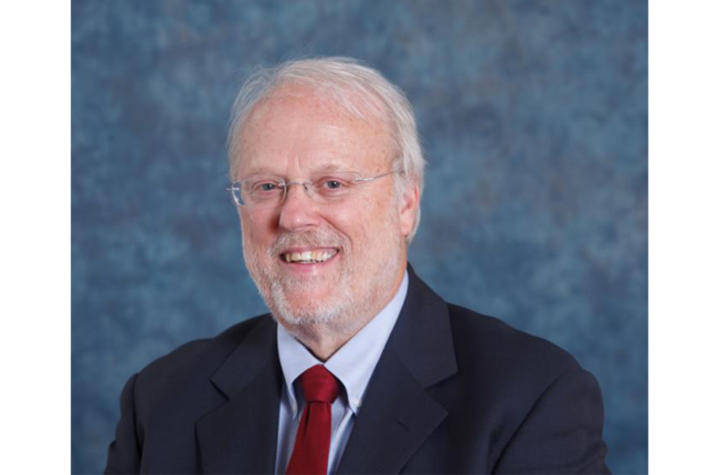
LEXINGTON, Ky. (Oct. 9, 2020) — Allan Butterfield, a professor of biological chemistry in the University of Kentucky College of Arts & Sciences, has been named among the world’s leading Alzheimer’s disease experts by Expertscape, an online base of biomedical expertise.
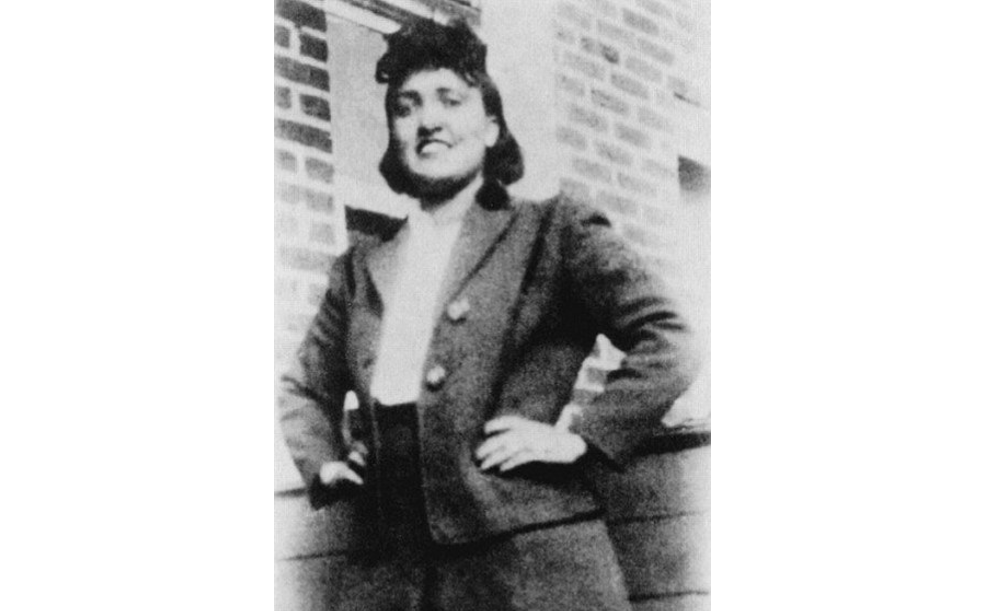
Henrietta Lacks’s “HeLa” cells continue to influence scientific discovery even after her death from cancer in 1951. These cells have been used to study cancer growth, learn more about viruses, and study drug effects on the body. They even helped develop the polio vaccine.
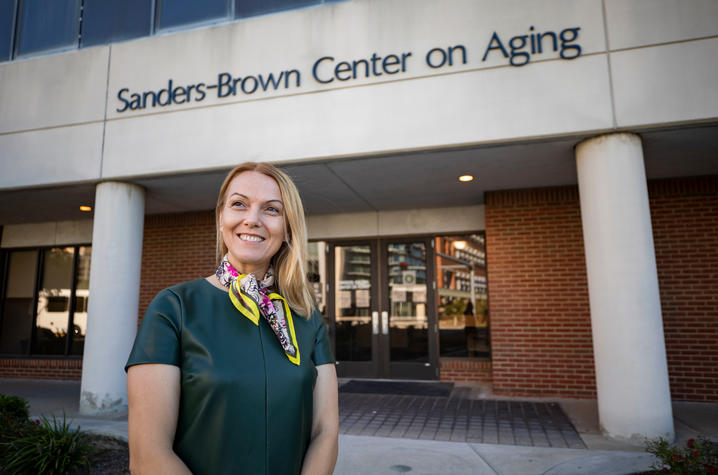
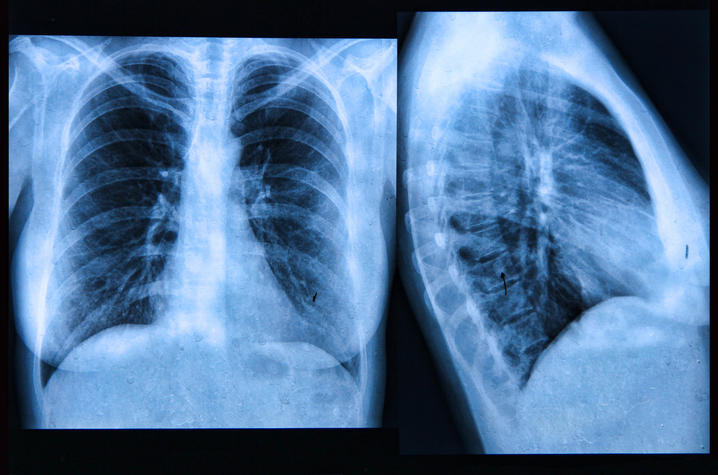
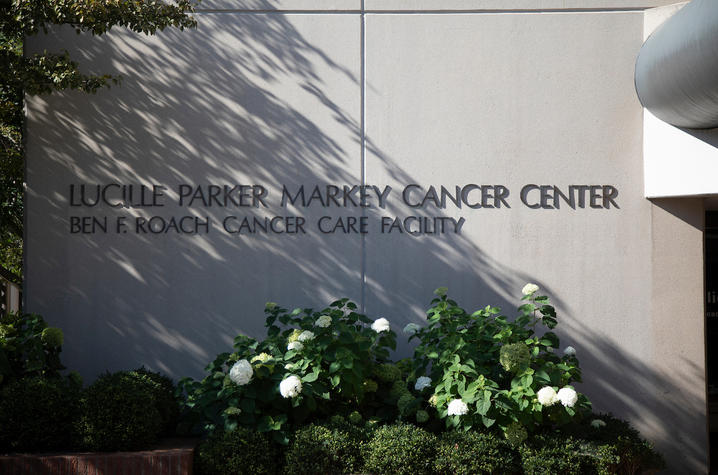
LEXINGTON, Ky. (Sept. 22, 2020) – The University of Kentucky Markey Cancer Center has joined a consortium of 17 cancer centers around the country to better understand the consequences of the COVID-19 pandemic as it relates to disrupted cancer prevention, detection and care.
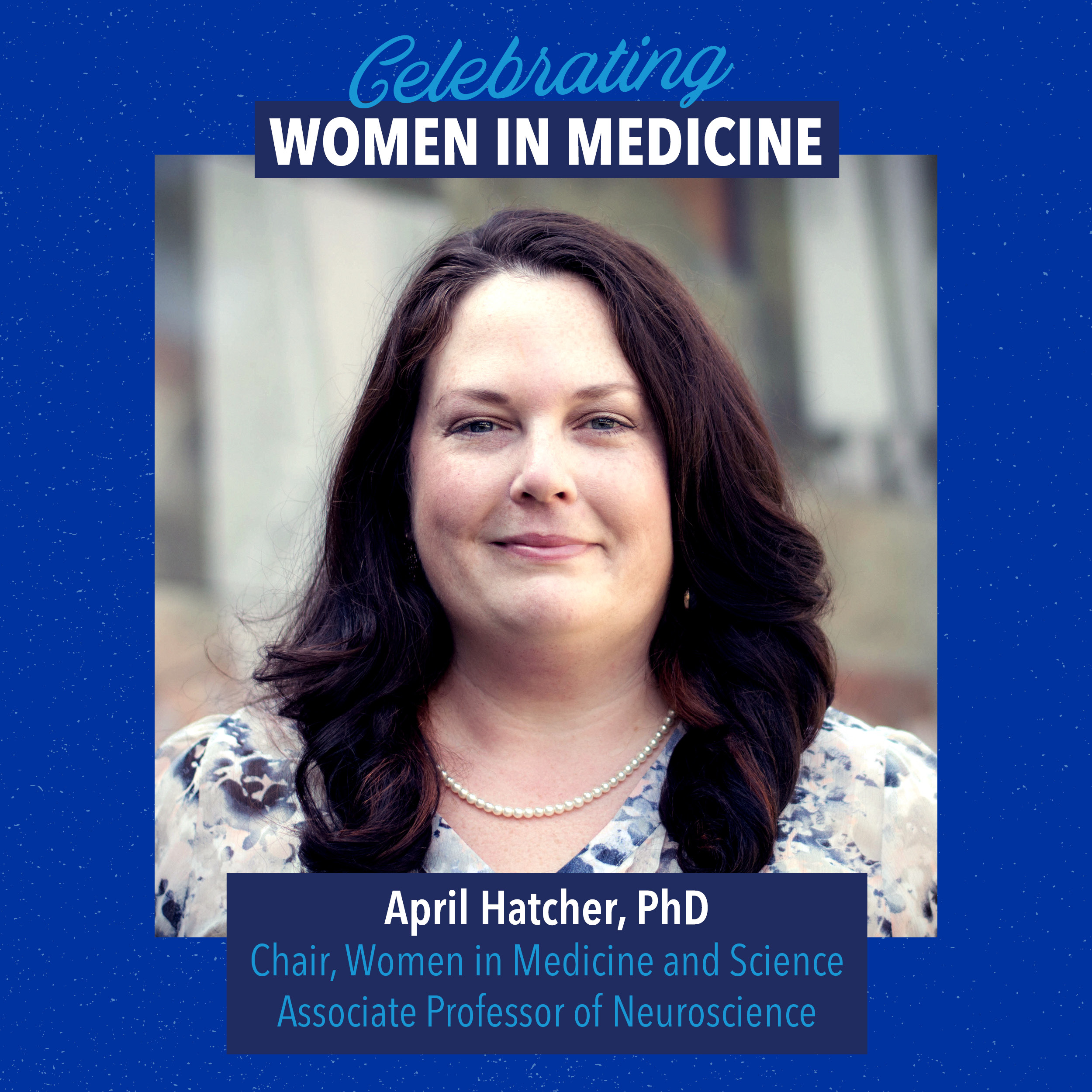
April Hatcher, PhD, is an associate professor in the University of Kentucky College of Medicine Department of Neuroscience and was recently named chair of Women in Medicine and Science (WIMS), an organization facilitating networking and mentorship opportunities to support career advancement for women.
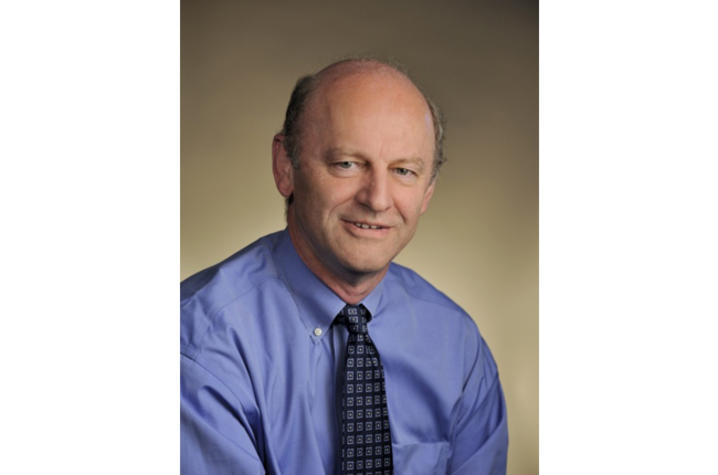
LEXINGTON, Ky. (Sept. 1, 2020) — Alan Daugherty, senior associate dean for research at the University of Kentucky College of Medicine, has been selected to serve as chair of Scientific Committee of the Sarnoff Cardiovascular Research Foundation, an organization that trains medical students to be leaders in cardiovascular science and medicine.
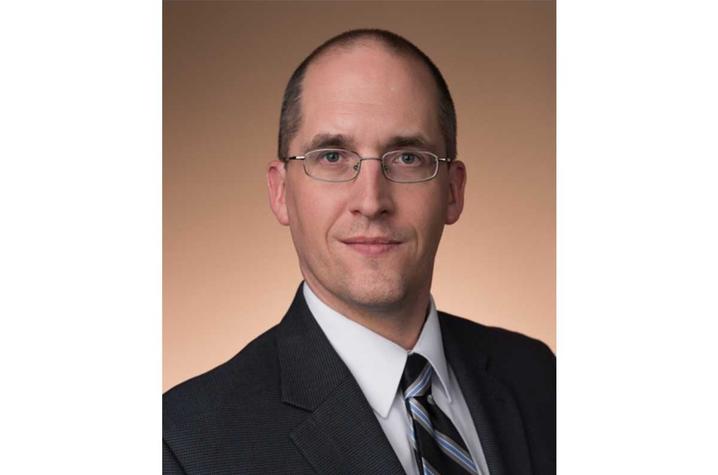
LEXINGTON, Ky. (Sept. 3, 2020) – The Society of Research Administrators International will be presenting its 2020 Hartford-Nicholson Award to University of Kentucky faculty Nathan Vanderford.